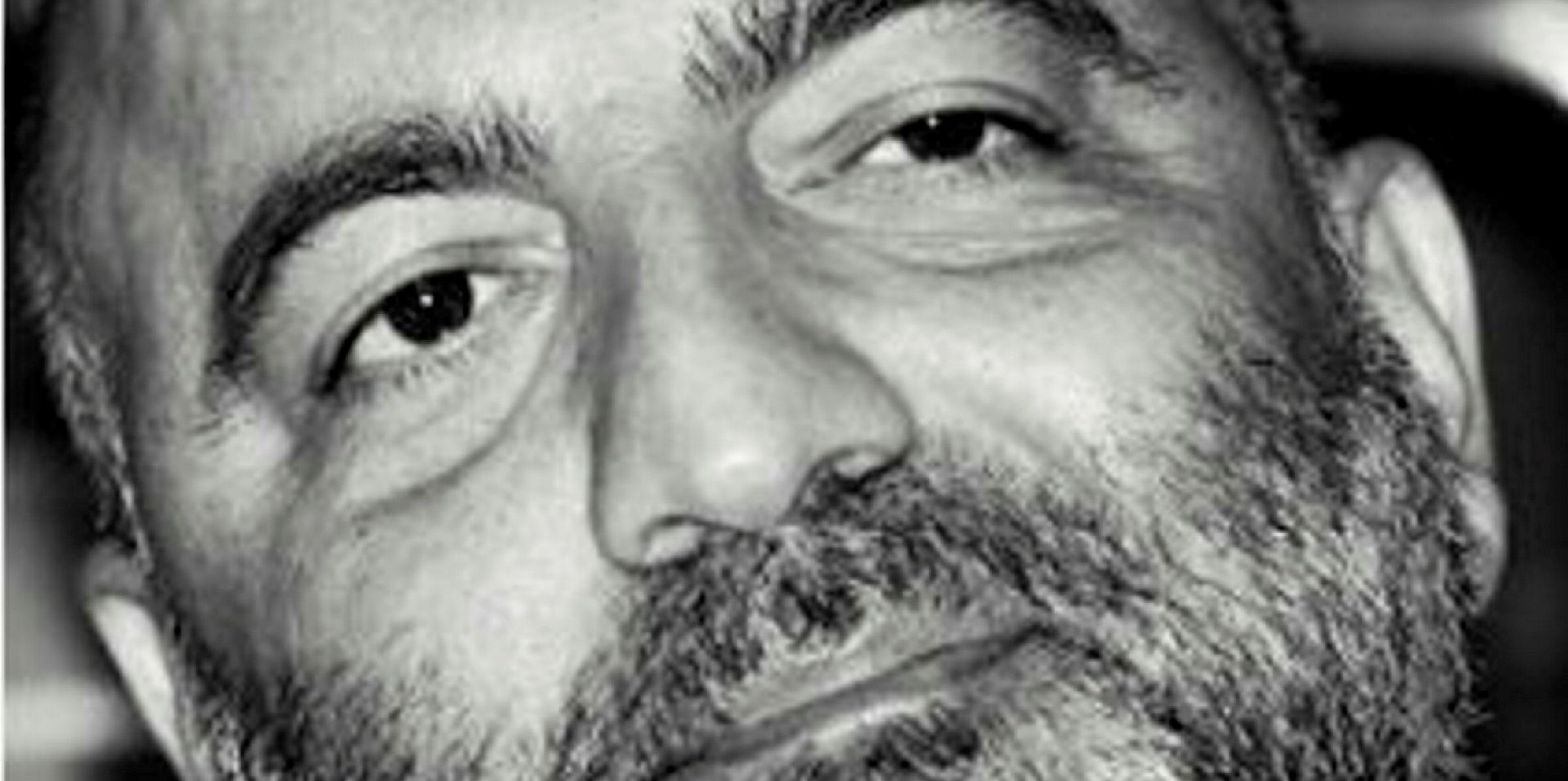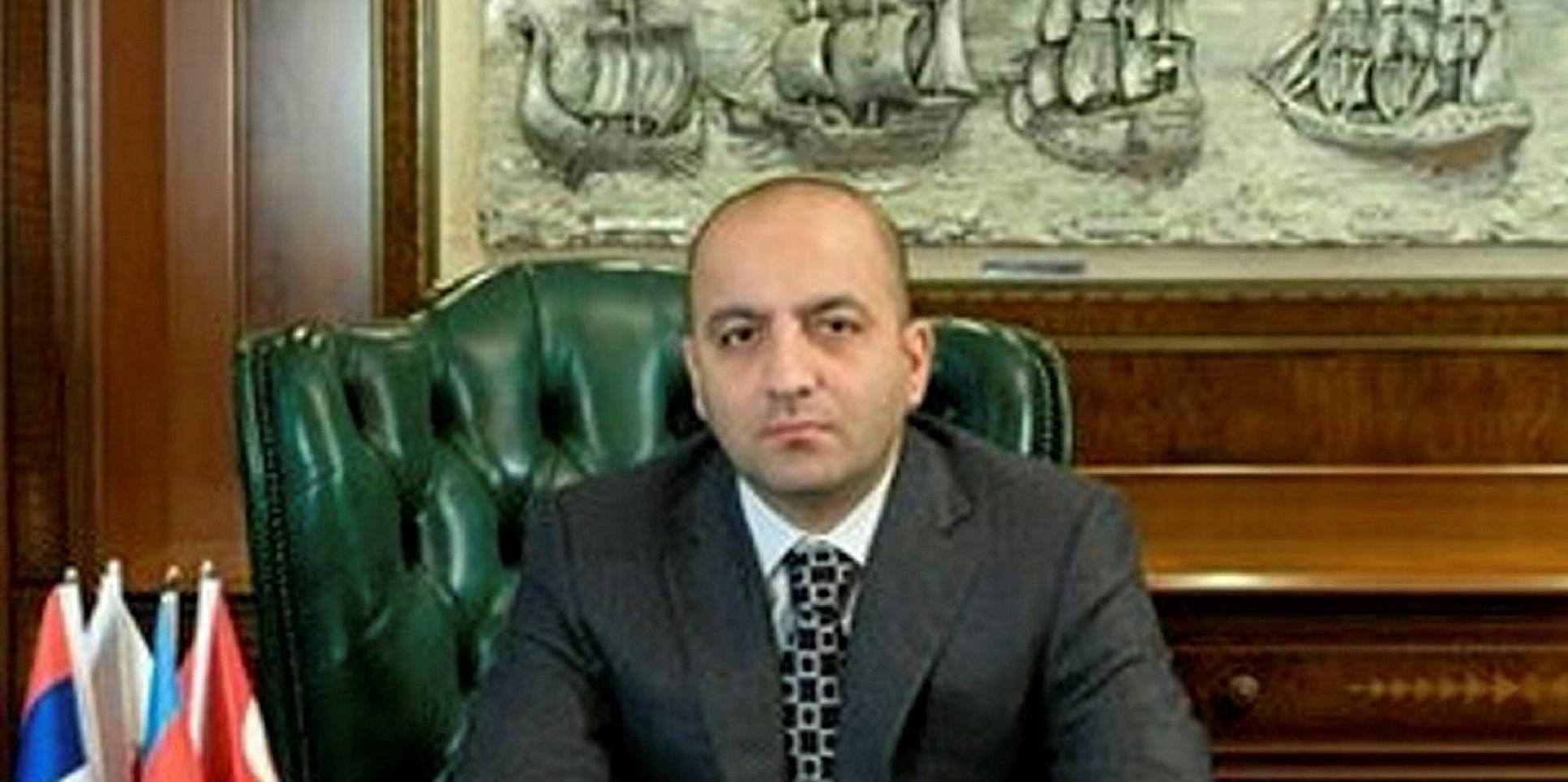Mubariz Mansimov Gurbanoglu, founder and owner of the Palmali Group, has entered a hunger strike to protest terrorism charges leveled against him in Turkey.
“I will surrender myself to Allah and continue my death fast until the end,” Mansimov said in a message on a social media account he has been using to communicate with the outside world since his arrest on 15 March.
“Living a dignified life and dying with honor comes first of all,” added the Azeri-born owner, who spent his 52th birthday in jail last week. His statements were translated from Turkish.
Turkish authorities formally charged Mansimov on 17 March of links to Fetullah Gulen, an opponent of Turkey’s president Recep Tayyip Erdogan.
Turkish authorities describe Gulen’s network as the Fetullah Gulen Terrorist Organization (FETO) and have banned it over its role in organizing a military coup that nearly toppled Erdogan back in July 2016.
Nearly 80,000 people were arrested and about 130,000 state workers sacked in Turkey since, over alleged or proven links to FETO. If convicted, Mansimov could face between five and ten years in prison.
Palmali, a company listed with a fleet of nearly 70 small tankers and general cargoships, said on its website that business continues as usual, despite its chief’s arrest.
“Commercial activities with our business partners won’t be hindered by the current circumstances,” it said in a statement on its website. “Palmali will continue to operate… regardless of the exceptional situation we find ourselves confronted with”.
Strife with Socar
According to a charge sheet leaked to Turkish media, Mansimov is accused of having had “intense” and “frequent” contacts with FETO members in person and by phone.
In social media postings from jail, Mansimov vehemently denied the charges and asked that his detention be converted into house arrest.
“While many people financially supported structures like FETO, I never did this,” he said in a letter addressed to authorities as early as 11 February, after becoming aware he was under investigation by the Istanbul Public Prosecutors’ Office.
Mansimov attributes the charges to false testimony instigated by business rivals. He specifically named Socar, the state-run gas company in his native country of Azerbaijan, with whom Palmali is locked in ongoing arbitration proceedings.
“They know they will lose the billion-dollar case in London,” said Mansimov, who also seeks compensation from Russia’s Lukoil in the dispute. In November 2017 Palmali’s Russian unit was declared bankrupt in a dispute with Russian lender Sberbank.
Socar dismissed Mansimov’s claims. The company “ unequivocally denies the possibility of interference in court proceedings,” it said in a statement on the Turkish-language part of its website.
Mansimov’s arrest in Turkey “has nothing to do with the arbitration proceedings in London and Dubai”, Socar explained. The company argued that his detention is even detrimental to Socar's interests, since it could prevent the Turkish-Azeri owner of taking part in the arbitration proceedings and delay payments to Socar.
“The detention of Mubariz Mansimov cannot be in the commercial interest of Socar,” the company said.
Neither side revealed details about the nature of the dispute. Socar said it launched the arbitration proceedings in May 2018 after Palmali failed to meet financial obligations.
In one of his social media postings, Mansimov accused Socar of capturing 14 ships “like a thief” from companies they partnered in. Socar admitted having had a commercial relation with Palmali but denied they ever had a joint venture together.
The VesselsValue.com website shows six aframax and two suezmax tankers changing control from Palmali to Socar in March of 2017. One of them, the 107,500-dwt Shah Deniz (built 2010), was included in a list of ships by the US Treasury, which Washington authorities claim engaged in sanctionable transfers of oil destined for Syria at some point between 2016 and 2019.






